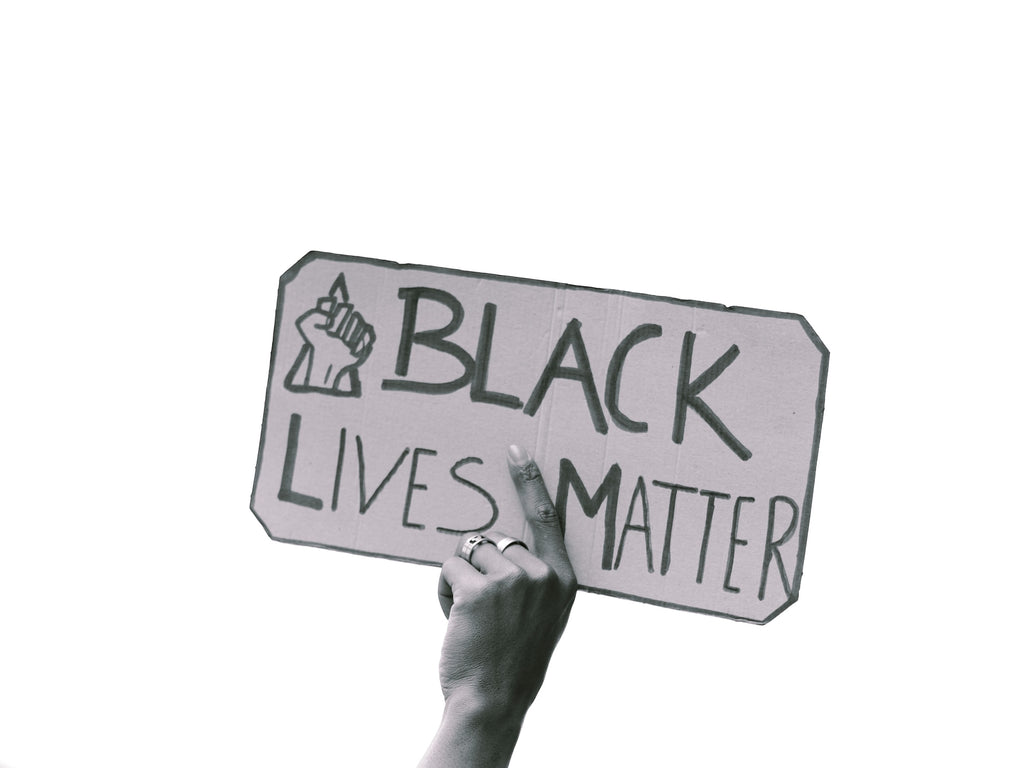How To Combat Seasonal Affective Disorder At Work
Here’s what to do if seasonal affective disorder starts to take a toll at the office.
Dr. Anastasia Parsons, PhD has a unique perspective when it comes to seasonal affective disorder, or SAD: she believes everyone experiences some form of it, however moderate – meaning that we could all do a little (or a lot) to boost our mood come winter. And even though the same symptoms reappear every season (think low energy, trouble sleeping, overeating, weight gain, and withdrawing from friends), there’s still that shock of an unwelcome surprise when the clocks change on November 1 and our moods start to shift.
It’s not news that it’s hard to counter SAD symptoms with habits that feel more suited for summer – like socializing and extra time spent in the sun – especially when it’s dark outside by the time we leave the office. But, like any ritual, it’s all about consistency – and keeping up your favorite routines, even if they need to be modified for cold weather and shorter days, can make all the difference.
Beyond practical solutions, Dr. Parsons puts a big emphasis on perspective: “Be in control of your positive self-talk,” she says. “If you’re walking out the door constantly saying, ‘Oh my gosh it’s miserable out here,’ then you will feel miserable. Recognize when the sun is shining, or it’s a little less windy, or when you have something to look forward to. It will boost your mood. Cognitive behavioral therapy [teaches] that our thoughts and feelings and behaviors are all connected, so if we can change one of those, we can change all of them.”
OK, now it’s time to take notes. Ahead, Dr. Parsons lays out five at-home remedies for some SAD relief so you can feel some sunshine coming from within, even when it’s cold and gray outside.
Buy a sun lamp
Here’s one that’s recommended by the Columbia Department of Psychiatry. You want to use it in the morning because it will help you wake up (don’t use it in the afternoon!). As soon as your morning alarm clock goes off, put it on your bedside table, or your bathroom counter while you’re getting ready for work; just wherever you are in the morning. It’s very bright and the idea is that you’re supposed to be looking towards it for maximum effect. You could also put it by your computer when you get to the office.
Make a list
Work through a list of coping skills that work for you. It could be a number of things: start with simply acknowledging that you may struggle a little bit more with these symptoms in the wintertime, and that’s OK. That can go a long way – versus just sitting at your desk, not knowing what’s going on, and then being upset with yourself because you’re feeling really tired. That’s not going to help you feel less tired; it’s just going to make you feel more upset.
Go outside
Get outside as much as you can. If you can even walk a little bit further in the morning or afternoon, it’ll boost your endorphins and get you those daylight hours.
Don’t forget to socialize
Think about the activities that you’re doing in the spring and summertime when your mood is boosted and try to replicate those things in the wintertime. So if you’re going out a lot when it’s warm out, eating outside and seeing your friends – well, you can’t eat outside in the winter, but you can still get together over dinner with friends frequently. With those things that you love that energize you, make sure you’re still doing them in the winter. Building connections with people will help boost your mood and make the winter feel less isolating.
Reconsider daily habits
Be really careful. If you’re tired right off the bat, you’re more likely to have coffee or caffeine or an unhealthy snack in the afternoon to push you through the day, and that’s going to affect your ability to sleep at night, which will make you even more tired the next day. So evaluate your habits. It’s better to exercise in the middle of the day to give yourself some energy – maybe on your lunch break – rather than relying on a cup of coffee at 3 or 4 pm. Plus, exercise will give you endorphins and help you sleep better at night, versus coffee that will keep you awake.
Here’s to a brighter future, both inside and out!
Photo courtesy of Marissa Lewis.
This post is tagged as:
You may also like...
The Latest
People & Places
How Ara Katz is Redefining “Self-Care” as Rooted in Science with Seed
The co-founder, mother, and self-proclaimed serial entrepreneur unpacks her philosophy on what it means to be well. Ara Katz hates the word “success”. Not because of its listed definition in a di...

Do Good Werk
9 Passive-Aggressive Email Phrases That Are Basically Evil
A Rosetta Stone for every time you want to :’).

Woo Woo
Get to Know Your Astrological Birth Chart
How to find meaning in the stars — and what it means for you.

People & Places
The 5 Best Places In New York To Meet Your Next Investor
Where to rub shoulders with the city's movers and shakers.

Do Good Werk
10 Unhealthy Thoughts You Convince Yourself Are True as a Freelancer
If you work alone, you might be particularly susceptible to distorted thoughts that hurt your mental health.

People & Places
Creating a Conference-Meets-Summer-Camp for Adult Creatives
An interview with Likeminds founders Rachael Yaeger and Zach Pollakoff This past September, I sat in front of an obituary I wrote for myself after a session with a death doula. No, I didn’t know w...

People & Places
When Something Golde Stays: An Interview with Golde’s Co-CEOs
“For us it was never a question,” says Issey Kobori, speaking of the decision to build a business with his partner Trinity Mouzon Wofford. At just shy of 27, Kobori and Wofford have secured a host ...

Better Yourself
Are They Toxic? Or Are They Human?
There’s a difference between putting up boundaries and putting up walls, and the latter is what breaks relationships.

People & Places
Reclaiming Womxn's Wellness Spaces from a White-Dominated World
How The Villij built a collective that their community can connect to.

Better Your Werk
Goal Setting You Can Actually Feel Good About
A how-to guide on how to find the satisfaction you're searching for.








